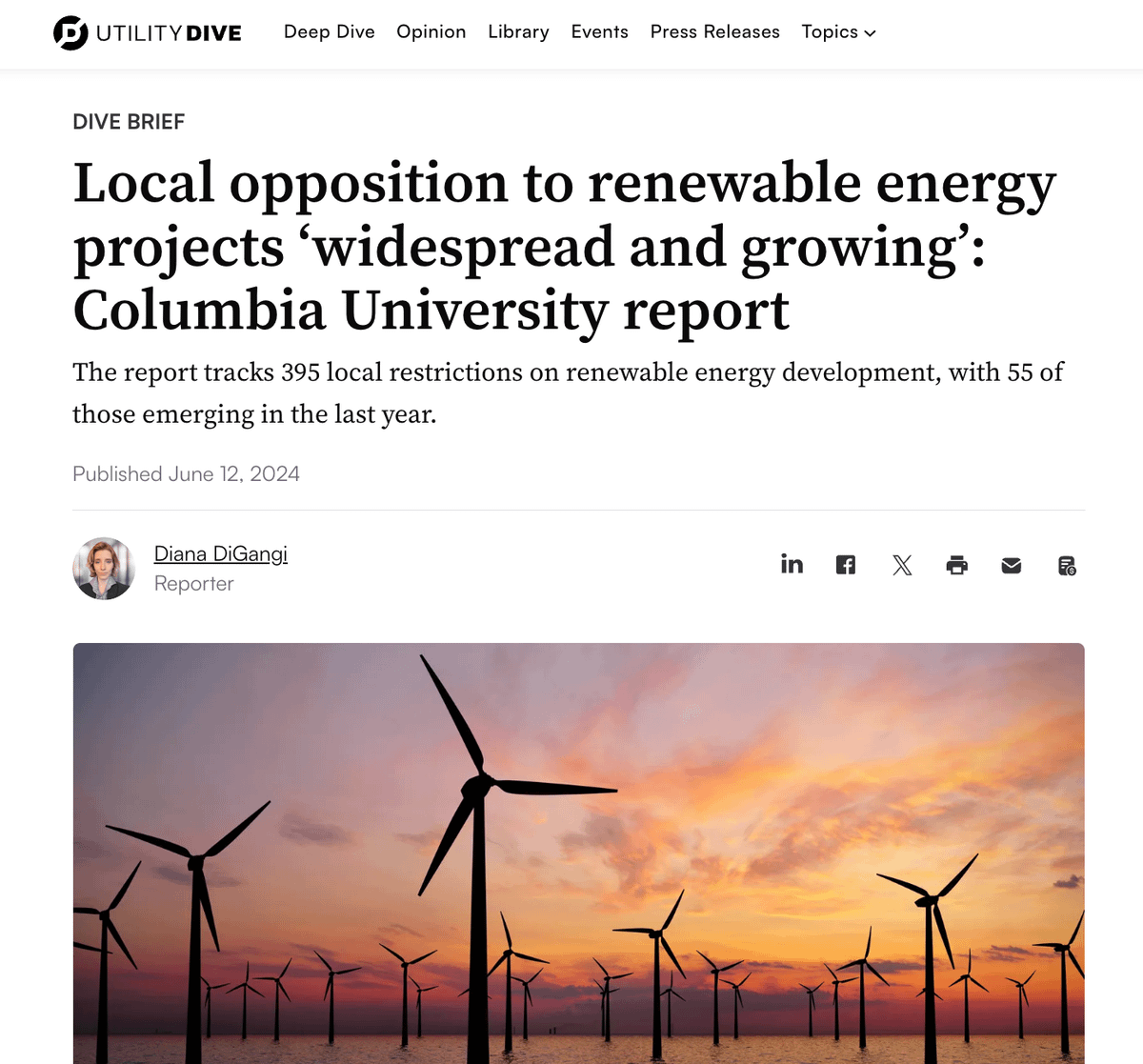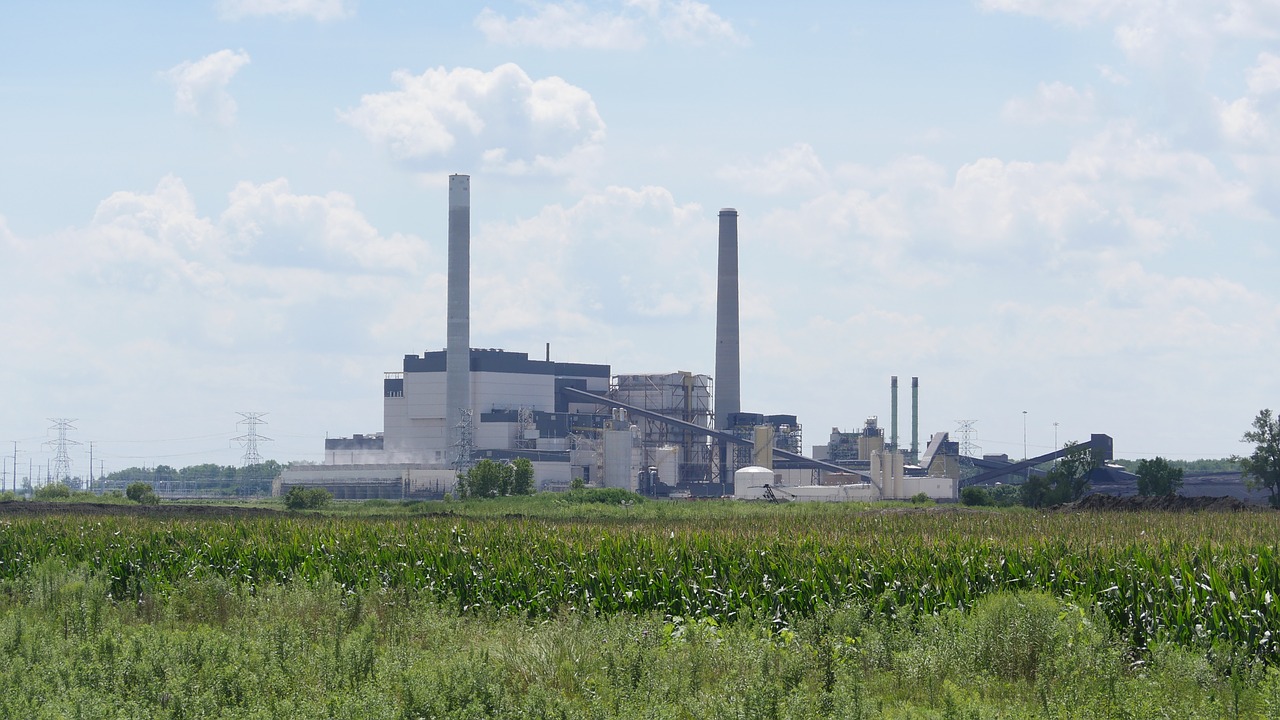Originally published: October 14, 2025
This is the third of 11 “Alex Notes” on my book Fossil Future—like Cliff’s Notes, but actually written by the author. (See #1 and #2).
Why are leading institutions so biased against fossil fuels?
Because their operating “anti-impact framework” causes them to view fossil fuels, which are inherently high impact, as intrinsically immoral and inevitably self-destructive.
(A summary of Fossil Future, Chapter 3)
-
An Anti-Human Moral Goal and Standard
Our knowledge system’s opposition to fossil fuels while ignoring their enormous benefits can only be explained by it operating on an anti-human moral goal and standard of evaluation that regards benefits to human life as morally unimportant.
-
Outside the realm of energy, an example of an anti-human moral goal at work is the scientists who, operating on the anti-human moral goal of animal equality, oppose animal testing for medical research and disregard its life-saving benefits to humans.
-
Eliminating Human Impact
The primary moral goal of our knowledge system that operates on energy issues is the anti-human goal of eliminating human impact on the rest of nature—a widely-held goal that is often disguised as merely eliminating only human-harming impacts.
-
Our leading institutions attempt to disguise their goal of eliminating all human impacts as eliminating only human-harming impacts by using vague terminology such as “going green,” “minimizing environmental impact,” “protecting the environment,” and “saving the planet.”1

-
How Our Knowledge System’s Anti-Impact Goal Drives it to Oppose Cost-Effective Energy
The goal of eliminating human impact necessarily drives our knowledge system’s opposition to cost-effective energy because cost-effective energy always significantly impacts nature.
-
On the Goal of Eliminating Human Impact, the Significant Impacts of Cost-Effective Energy’s Development Are Immoral and in Need of Elimination
All forms of energy involve developing nature in a significant way and thus all get opposition for this supposedly immoral impact.
-
On the goal of eliminating human impact, even (and in some ways especially) supposedly beloved solar and wind get opposition because they, like all forms of energy, involve developing nature.
Our leading institutions don’t usually lead this opposition, but they sanction it.
-
On the Goal of Eliminating Human Impact, the Significant Impacts of Cost-Effective Energy’s Side-Effects Are Immoral and in Need of Elimination
All forms of energy involve side-effects that significantly impact nature and therefore attract deep moral opposition.
-
The goal of eliminating human impact drives the aggressive effort to eliminate the side-effects of nuclear energy, radiation, and waste, by eliminating nuclear energy itself—even though nuclear’s side-effects are the most masterable (and therefore safe) of any source of energy.
-
How Our Knowledge System’s Anti-Impact Goal Drives it to Ignore the Benefits of Cost-Effective Energy
Our knowledge system ignores the benefits of cost-effective energy because on the anti-human standard, it is intrinsically immoral and its benefits are morally irrelevant.
-
How Our Knowledge System’s Anti-Impact “Delicate Nurturer” Assumption Drives it to Catastrophize the Side-Effects of Cost-Effective Energy
Our knowledge system catastrophizes the negative side-effects of cost-effective energy because it views Earth as a “delicate nurturer.”
-
On the “delicate nurturer” assumption, Earth naturally exists in a delicate, nurturing balance, with humans as “parasite-polluters” whose impact can only destroy it—which means the high-impact phenomenon of cost-effective energy will inevitably lead to catastrophe or apocalypse.
-
Replacing the Anti-Impact Framework with the Human Flourishing Framework
The “anti-impact framework” must be replaced by the “human flourishing framework,” including the goal of advancing human flourishing, the “wild potential” premise, and the full-context evaluation method.
-
The Goal: Human Flourishing
On the human flourishing framework, the primary moral goal, and therefore standard of evaluation, is advancing human flourishing—a goal by which our knowledge system’s goal of eliminating human impact is immoral.
-
Pro-Human Environmental Terminology
On the human flourishing framework, we don’t use the vague and covertly anti-human terminology of “saving/protecting” “the environment/planet” (from human beings) but rather “improving” “our environment/world” (for human beings).
-
On the human flourishing framework, rather than evaluating only man-made actions by their level of impact on nature, we evaluate both man-made and non-man-made environmental factors by how conducive they are to human flourishing.
-
The Wild Potential Premise
On the human flourishing framework, the relationship between human beings and the rest of nature is “wild potential”: Earth is naturally dynamic, deficient, and dangerous, and the human beings who impact it are fundamentally “producer-improvers.”
-
Full-Context Evaluation
On the human flourishing framework, we engage in full-context evaluation, which means carefully weighing the benefits and side-effects of different alternatives in relation to human flourishing.
-
The Human Flourishing Framework vs. the Anti-Impact Framework on CO2 Emissions
On the issue of fossil fuels’ CO2 emissions, the human flourishing framework evaluates them in the context of all their benefits, while the anti-impact framework views them as intrinsically immoral.
-
My Project
The project of Fossil Future is to achieve a pro-human, full-context evaluation of what to do about fossil fuels by using the human flourishing framework to synthesize the best research about fossil fuels’ benefits and side-effects.
Coming next week: A summary of Chapter 4 of Fossil Future, “Our Unnaturally Livable Fossil-Fueled World.”
